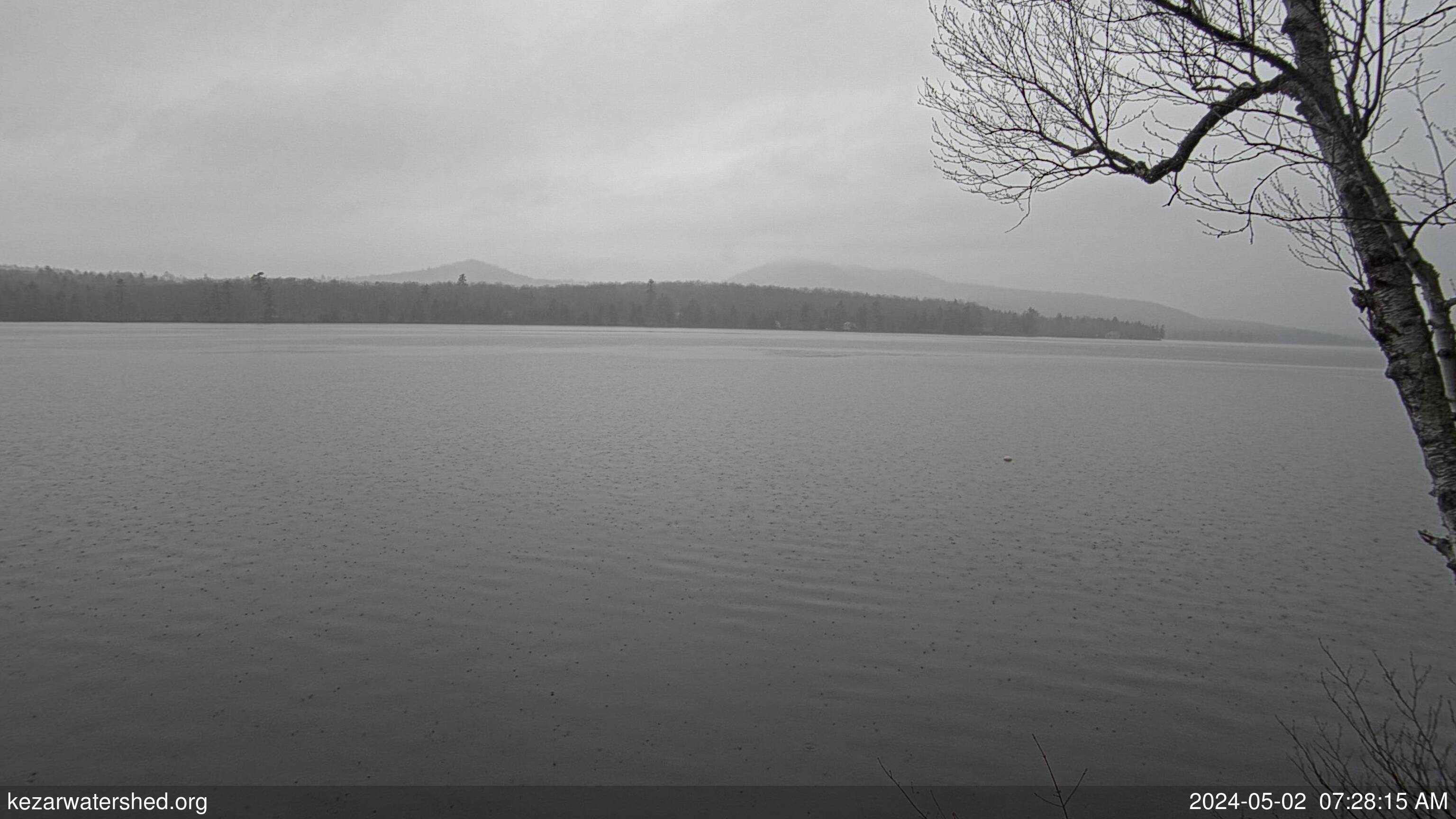Fryeburg, Maine Weather Cams
Kezar Lake Cam (North of Fryeburg)

Eastern Slopes Regional Airport FAA Cam
Fryeburg, Maine: A Legacy of Frontier Settlement, Education, and Community
Fryeburg, Maine Weather Cams. Nestled in western Maine near the New Hampshire border, Fryeburg is a town rich in history and tradition. With its roots tracing back to the colonial era, Fryeburg has evolved from an early frontier settlement into a vibrant community known for its educational institutions, agricultural heritage, and cultural contributions.
Early Indigenous Presence and European Settlement
Before European settlers arrived, the land that would become Fryeburg was inhabited by the Abenaki, a Native American tribe that thrived in the forests and waterways of northern New England. The Saco River, which flows through the town, provided essential resources for fishing, hunting, and travel.
The arrival of European colonists in the late 17th and early 18th centuries brought significant changes to the region. In 1762, General Joseph Fry, a veteran of the French and Indian War, led settlers into the territory, establishing the first European settlement. The town was named after Fry in honor of his efforts to develop the area.
Fryeburg Academy and the Town’s Educational Legacy
One of Fryeburg’s most notable contributions to Maine’s history is the founding of Fryeburg Academy in 1792. Established as one of the oldest private schools in the United States, Fryeburg Academy has played a crucial role in shaping the town’s identity.
The academy has educated generations of students, including renowned figures such as Nathaniel Hawthorne, the famous American author. Over the centuries, Fryeburg Academy has maintained its reputation for academic excellence while adapting to modern educational needs.
Agriculture and Economic Development
Throughout the 19th and early 20th centuries, Fryeburg developed a strong agricultural economy. Dairy farms, apple orchards, and timber industries thrived, shaping the town’s landscape and workforce.
The annual Fryeburg Fair, founded in 1851, remains one of Maine’s most cherished agricultural events. Drawing visitors from across New England, the fair celebrates the region’s farming heritage through livestock exhibitions, produce competitions, and traditional crafts.
Cultural and Historical Significance
Fryeburg has long been recognized for its dedication to preserving history. The town boasts well-preserved colonial buildings, historic sites, and museums that reflect its deep roots. The Fryeburg Historical Society works to document and share the town’s past, ensuring that its stories remain alive for future generations.
Modern-Day Fryeburg: A Blend of Tradition and Progress
Today, Fryeburg maintains its historical charm while embracing progress. The town attracts visitors for outdoor recreation, cultural events, and educational opportunities. Its location near the White Mountains and the Saco River makes it a prime destination for nature lovers and adventure seekers.
As Fryeburg continues to evolve, its legacy remains strong—built upon the foundation of its early settlers, educational pioneers, and dedicated community members. With a rich history and a bright future, Fryeburg stands as a testament to Maine’s enduring spirit.
For more information, visit the Fryeburg, Maine official website.
